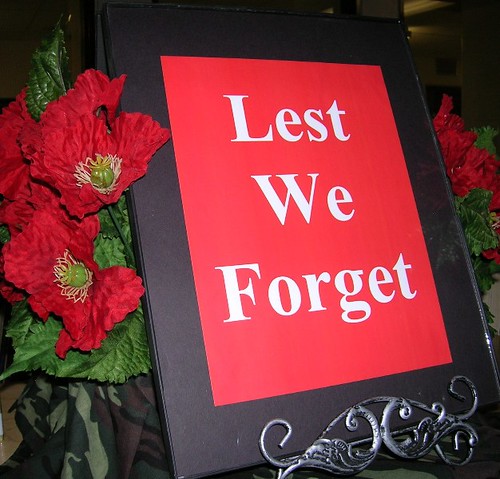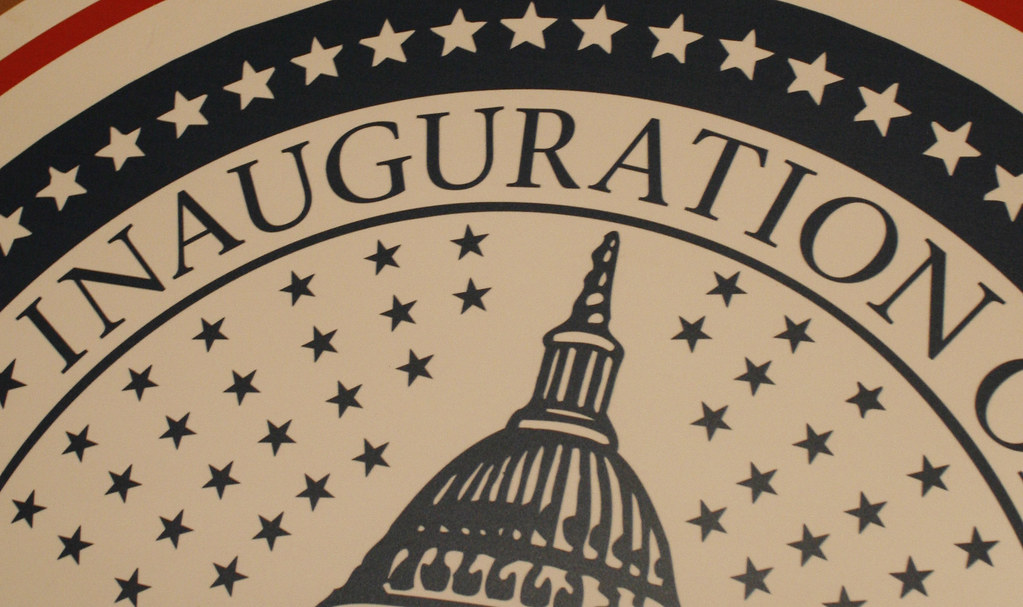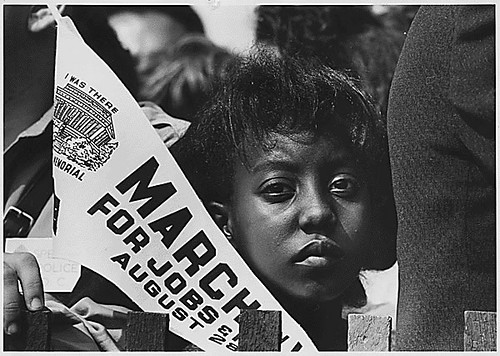
During the winter months some people begin to experience a type of depression known as Seasonal Affective Disorder or SAD due to the changes in the season. According to Mayoclinic.org, in most cases SAD begins and ends at about the same times every year with symptoms starting in the fall and continuing into the winter months, sapping away energy and making people feel moody.Treatment for SAD include light therapy (phototherapy), psychotherapy, oral medications, exercising, adding more vitamin D to ones diet, and connecting with others.
Signs and symptoms of SAD are similar to depression and as such may include the following:
•A change in sleep pattern (Desiring to sleep all of the time or having problems sleeping)
•Normal tasks become draining
•A feeling of hopelessness
•Avoiding people or activities
•Extreme changes in appetite
•Turning to alcohol or drugs for comfort
CONNECTING IN OUR YOUTH

It has also been said that the most important things in life are the connections you make with others, “Tom Ford”. This connection begins while we are in the womb and extends throughout the various seasons of our lives. For example, according to www.healthline.com fetuses are able to hear sound at 18 weeks of pregnancy and between 25-26 weeks, fetuses can respond to voices and other sounds while they are in the wound.
The connection with a fetus extends beyond the wound as they are being cradled and spoken softly after they are born, which makes them feel safe. And as we continue to grow and blossom in life, the need to connect with others changes but still continues. For example, toddlers connect with their caretakers for guidance and protection. And as we blossom into teenager and adulthood, we still need to connect with our caretakers for guidance, protection, support, and directions. Oftentimes the connection we make with our parents or caretakers during the formative years can greatly impact how we connect with others in adulthood as we begin to carve out various relationships
CONNECTING IN RELATIONSHIPS

Connecting with others is an integral part of our existence. But, is it possible to be around other people and still not feel very connected? Absolutely. Sometimes this may stem from a history of being judged or misunderstood. Or perhaps you feel insecure about how to positively connect with others. Despite what your reasons may be, this doesn’t mean that connecting with others isn’t relevant or necessary. Rather, it simply means that we have not made the right types of connections which simply takes time and effort on everyone’s part. Here are a few ways to better connect with others no matter what type of relationship that you may have with them:
•Explore and learn something new together
•Celebrate special occasions together either in person or online
•Participate in physical activities together (i.e. cycling, dancing, gaming, etc.)
•Share recipes and/or cook together
•Pray or meditate together
•Kiss, hug, or snuggle with your loved ones
•Surprise your loved ones with something unexpected
•Make eye to eye connection
CONNECTING WITH OUR INNER CHILD

We will always be someone’s child. As we age, we simply just become bigger versions our ourselves and we also have more responsibilities. With this in mind, one of the most important connections that we neglect is connecting with our inner child which is important to do in order to more effectively nourish our hearts, minds and spirit. It is also important in order for us to evolve because the things that happen to us as a child are a forever part of our psyche.
With so many demands in life, it is so very easy to get distracted, discouraged or distance yourself from others. However, taking the time to nourish our inner child can ensure that our personal needs are being addressed and met so that we can better ourselves as well as others. Here are some ways to connect with your inner child:
• Talk to a therapist
• Journal your thoughts
• Spend time doing things that you use to enjoy
• Re-read a childhood story
• Rekindle a childhood passion
• Reconnect with childhood friends
RESCOURCES:
https://www.mayoclinic.org/diseases-conditions/seasonal-affective-disorder/symptoms-causes/syc-20364651
https://www.nimh.nih.gov/health/publications/seasonal-affective-disorder
https://my.clevelandclinic.org/health/diseases/9293-seasonal-depression
https://www.healthline.com/health/pregnancy/when-can-a-fetus-hear














































